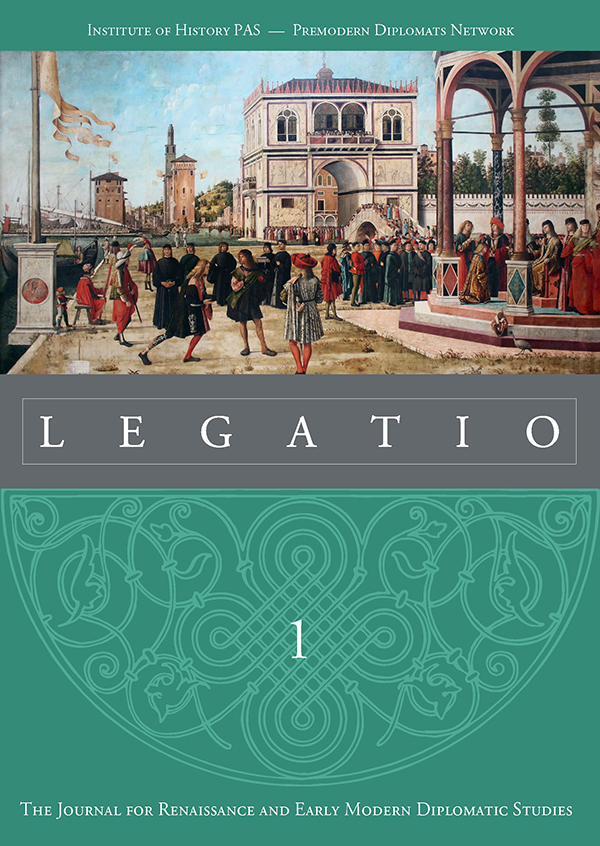‘Arrestez et pillez contre toute sorte de droit’: Trade and the War of the Quadruple Alliance (1718–1720)
‘Arrestez et pillez contre toute sorte de droit’: Trade and the War of the Quadruple Alliance (1718–1720)
Author(s): Frederik DhondtSubject(s): History, Diplomatic history, Economic history, Military history, Political history, Modern Age, 18th Century
Published by: Instytut Historii im. Tadeusza Manteuffla Polskiej Akademii Nauk
Keywords: Law of nations; legal history; commerce; War of the Quadruple Alliance; Regency; Italy
Summary/Abstract: The War of the Quadruple Alliance (1718–1720) was a conflict between Spain and the other major European powers over the balance of power in Italy. France and Britain jointly intervened on the side of the attacked party, Emperor Charles VI. In February 1720, the conflict was resolved when Philip V of Spain finally adhered to the Treaty of London (2 August 1718). The decision to go to war was contentious at the French court. For the benefit of public opinion, Philip, duke of Orléans and Regent of France, had to wage war against the Spanish Prime Minister, Cardinal Giulio Alberoni, rather than against the Sun King’s grandson, Philip V. Moreover, whereas French and British diplomats found consensus as regards maintaining the principles of the Peace of Utrecht (11 April 1713), they remained commercial rivals. This article lifts a tip of the veil covering the complex trade relations during the conflict. Spain tried to placate and reassure French merchants, and conversely to punish their British counterparts. The British fleet patrolled the Mediterranean, searching French vessels as well as those of neutral states. The Emperor, though allied to France and Britain, could not prevent Neapolitan corsairs from preying on their trade. Moreover, French ships illegally furnished the Spanish army. Finally, France and Britain hoped to quell the abuse of neutral powers in the conflict (Tuscany, Genoa, Venice) by imposing upon them a duty to chase Spanish privateers from their harbours. The complaints of French traders, as indicated by the consuls to the Conseil de la Marine and the Regent himself at the apex of the French government, reveal pleas borne out of frustration, as well as appeals to either the law of nations or consular protection to shield merchants from assaults and abuses. When war was declared, inimical, friendly or allied relations in high politics seemed almost irrelevant. The military conflict generated uncertainty and damaged the reputation of the French flag. Diplomatic pressure on the neutral powers was seen as being more effective than reliance on seemingly corrupt or biased local jurisdictions. The Regent’s management of the conflict – in close collaboration with Britain, despite all the difficulties on the ground – is all the more remarkable.
Journal: Legatio: The Journal for Renaissance and Early Modern Diplomatic Studies
- Issue Year: 2017
- Issue No: 1
- Page Range: 97-130
- Page Count: 34
- Language: English

